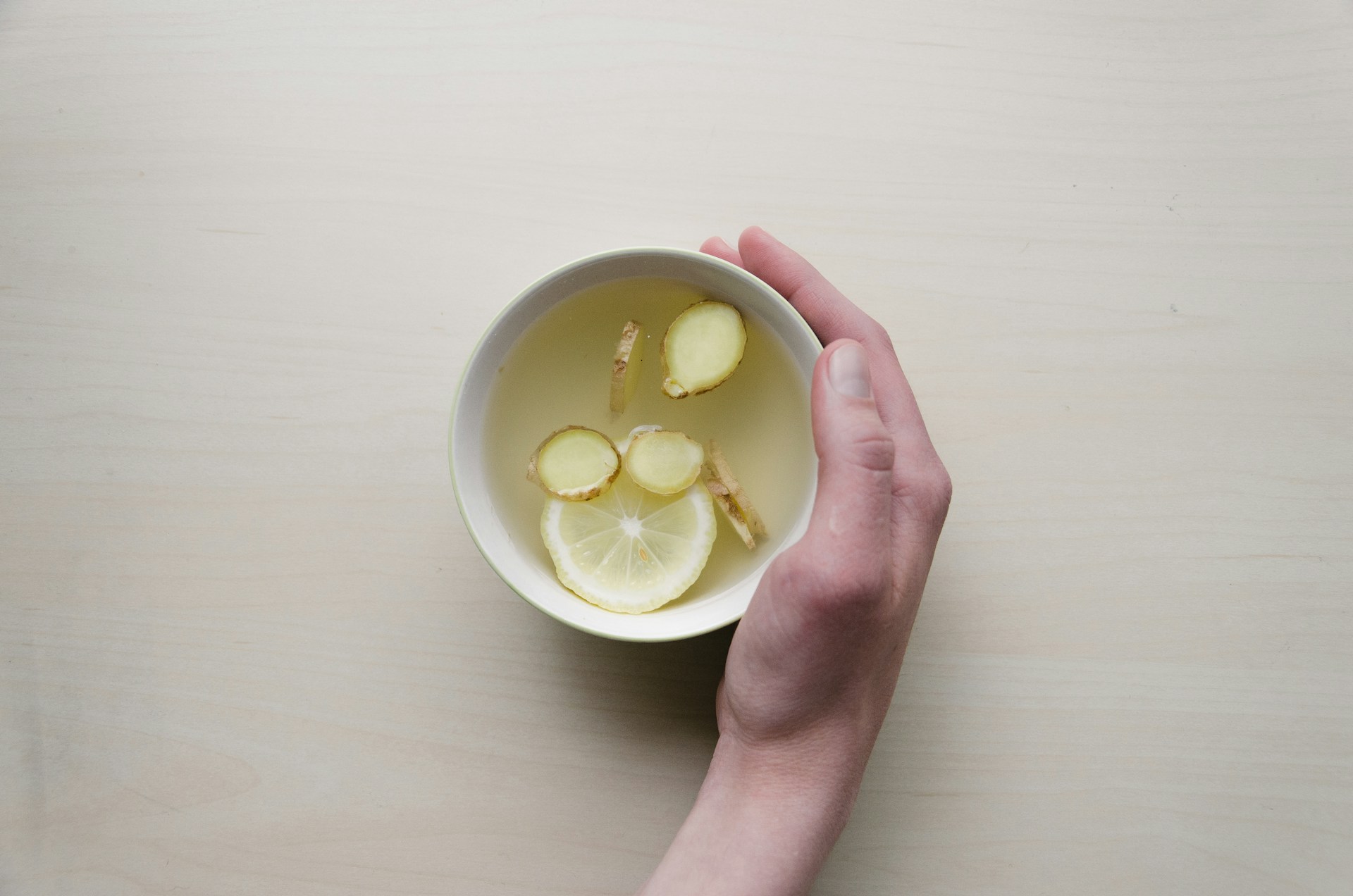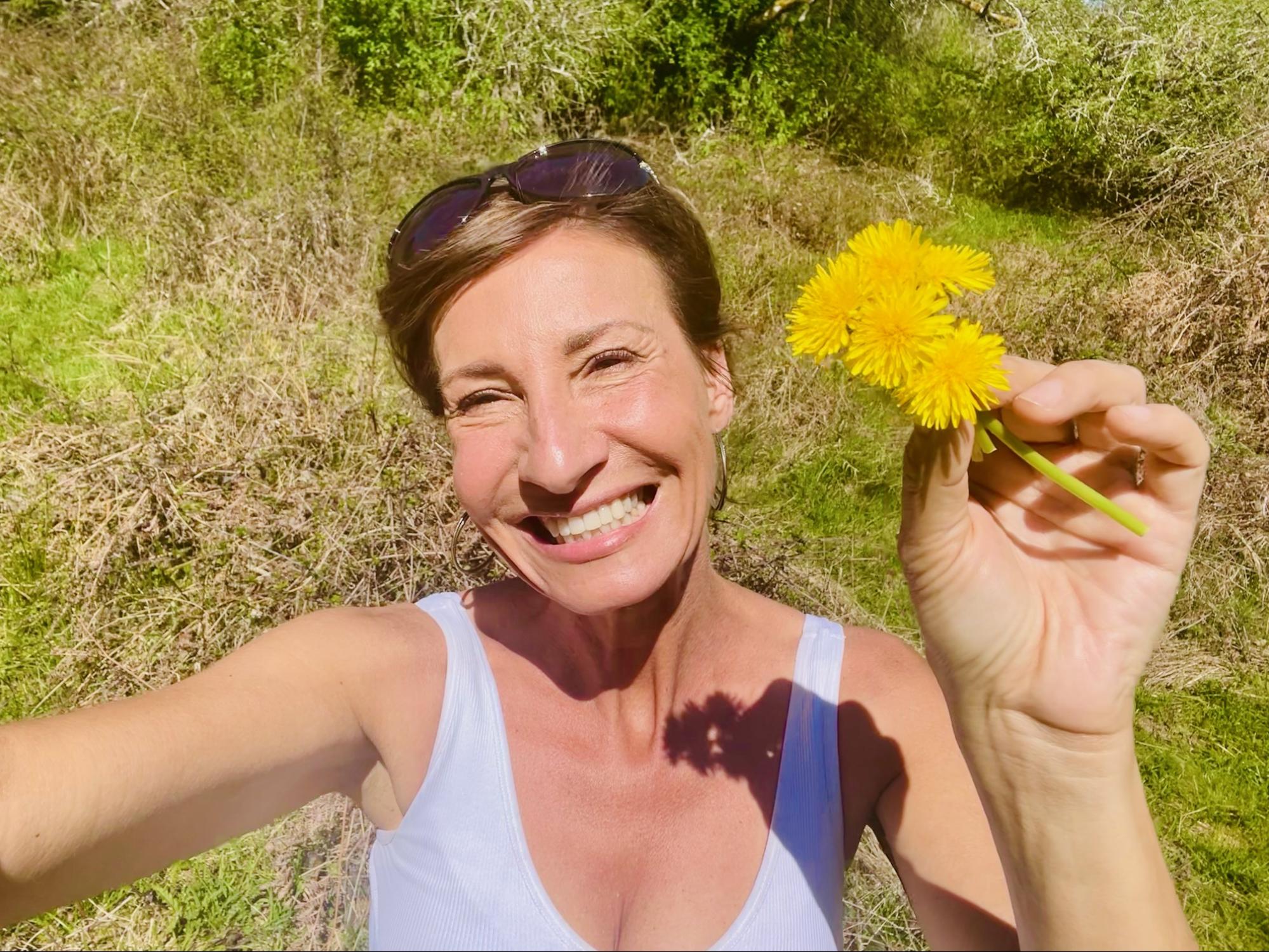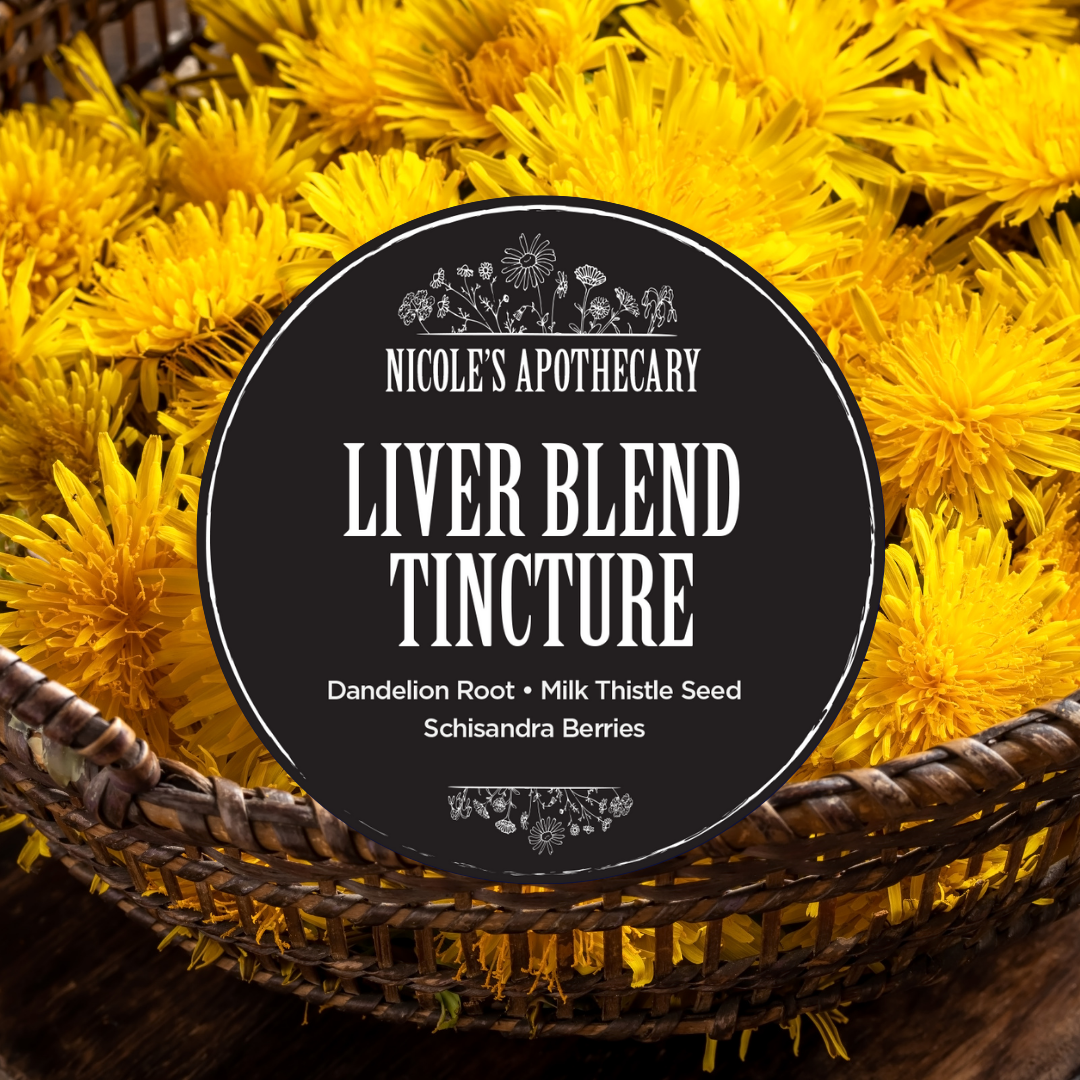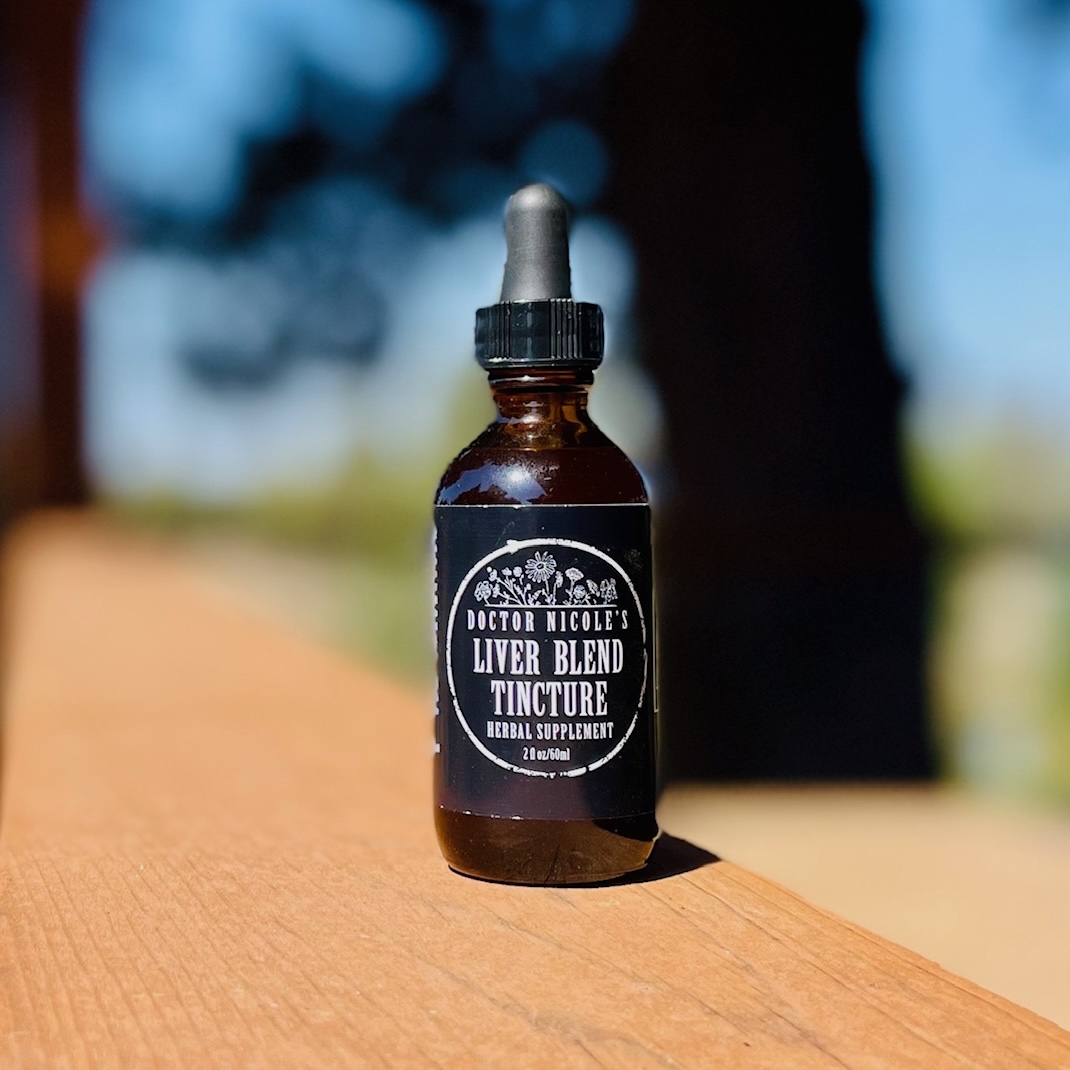An Often Forgotten, Hard-Working Powerhouse
We may not give our liver much thought — until issues arise. However, this hard-working organ is involved in a wide range of important physiological processes, including metabolism, circulation, hormonal balance, blood sugar regulation, and, of course, detoxification and digestion. When your liver is stressed and sluggish, you can experience weight gain, fatigue, bloating, hormonal issues, and more. Because of this, it is in your best interest to keep it healthy and happy. In this post, we’ll explore how to do just that. But first, we’ll look at the role your liver plays in overall health.
The Largest Organ in the Human Body
Weighing in at three pounds, the liver is found in the upper right abdomen, right below the diaphragm. It is responsible for over 500 functions in the body, such as mineral storage, digestion of proteins, bile production, and filtering the blood.
It produces several substances — including bile and albumin. Bile helps your body to digest fat and turns it into energy. Albumin is a blood protein that is responsible for transporting hormones, fatty acids, and pharmaceutical drugs throughout the body.
The liver also helps to clear toxic waste from your body, including bilirubin, which is linked to the breakdown of red blood cells. You may recognize it as causing jaundice (yellowing of the skin and eyes) when there is too much of it in the body.
Moreover, the liver is involved in two important bodily processes: controlling immune response and maintaining glucose balance. Specialized cells in your liver are designed to find and destroy bacteria, viruses, and other harmful organisms, thereby boosting immunity. Additionally, the liver releases glucose into your bloodstream when needed — and also removes it from the blood if there is too much, helping to regulate blood sugar levels.
When Problems Arise
There are multiple liver diseases to watch out for, including:
Alcoholic liver disease, which results from excessive alcohol intake that damages the organ.
Cholestasis is where the flow of bile is hindered by pharmaceutical drugs, a tumor or gallstone lodged in the bile duct, or genetic factors. Pregnancy can also trigger the disease.
Cirrhosis is the hardening of the liver due to scar tissue. Causes include the hepatitis virus, heavy alcohol use, diabetes, immune dysfunction, and genetic predisposition.
Hepatitis involves any condition that causes inflammation of the liver. Several viruses trigger this inflammation — namely, hepatitis A, B, and C. Drugs, toxins, and excessive alcohol consumption may also cause inflammation of the liver. Hepatitis can lead to liver cancer, liver failure, and other serious conditions.
Nonalcoholic fatty liver disease happens when fat deposits in the liver interfere with its proper functioning — including the removal of toxins.
Considering the important role of the liver — and the serious consequences of liver disease — it is in everyone’s best interest to look after this hard-working organ. Thankfully, your liver regenerates quite readily once it is given a little love and care.

3 Easy Ways to Encourage Liver Health
One of the only organs that can regenerate itself, the liver is incredibly resilient. However, over-the-counter and prescription medications, infections, alcohol, and environmental toxins can take their toll and inhibit healthy functioning. But with a measure of TLC, you can heal your liver. Here are three simple methods:
Diet. A nutrient-rich diet is essential for keeping your liver in top form — a good choice is a Mediterranean diet, especially since it incorporates plenty of olives and olive oil. Brimming with liver-friendly vitamin E and antioxidants, olives and olive oil also raise good cholesterol, which is protective for your liver. Consider drinking a cup of regular, caffeinated coffee or green tea each day too. Why? Studies have found that caffeinated coffee lowers liver enzymes, indicating it helps to improve liver inflammation.2 And research has shown green tea is protective against liver cancer.3 Drinking a glass of water with a squeeze of lemon and several shakes of powdered ginger is also a fantastic way to start the day off on the right foot and care for your liver.4
Lifestyle. Protecting the health of your liver is also tied to lifestyle choices. Since the hepatitis virus can be spread through unprotected sex, drug use involving needles, eating contaminated shellfish, or drinking contaminated water, it’s important to take safety measures in this area. Limiting alcohol consumption is helpful as well. Reducing toxin load by choosing organic food, using natural household cleaning and personal care products, and limiting your use of over-the-counter pain relievers and pharmaceutical drugs can go a long way in supporting liver health. Regular physical activity is also crucial — particularly for preventing and treating non-alcoholic fatty liver disease.5
Herbal Medicine. Even if you eat a clean diet and have adopted supportive lifestyle habits, your liver can still become stressed, sluggish, and diseased. This is where herbal remedies can help. Three of my favorite botanicals for liver support and detoxification are dandelion root, milk thistle, and Schisandra berry. As a powerful, synergistic trio, these remedies address a range of liver-related complaints, including: cirrhosis, fatty liver disease, jaundice, and hepatitis. They also calm inflammation, promote liver regeneration, and much more.
This is why I developed our potent Liver Blend Tincture with these herbs. If you are seeking an all-in-one herbal formulation that encourages healthy liver function and detoxification, this is for you! Below are the specific benefits of each botanical:
Dandelion Root (Taraxacum officinale)
- Diuretic
- Blood purifier
- Lowers liver inflammation
- Flushes toxins from the liver
- Reduces lipid accumulation in the liver
- A good source of inulin to promote healthy gut bacteria
- Detoxifies the liver, gallbladder, and kidneys6,7
Milk Thistle Seed (Silybum marianum)
Helps with the following conditions:
- Cirrhosis
- Fatty liver disease
- Jaundice
- Hepatitis
The herb also:
- Clears the liver of environmental toxins, including: poisons, drugs, and chemotherapy agents.9
- Exhibits antioxidant, lipid-lowering, antihypertensive, antidiabetic, antiatherosclerotic, and anti-obesity effects due to the bioactive compound silymarin.8
Schisandra Berries (Schisandra chinensis)
- Promotes liver regeneration10
- Addresses non-alcoholic fatty liver disease (NAFLD)12
- Antiviral, anti-inflammatory, anti-cancer, anti-aging13
- Helpful for kidney, neurological, gastrointestinal, and liver disorders14
Stop by my apothecary today to find out more about this and many other beneficial herbal remedies that can positively impact your health and your life!
Nicole Apelian
Nicole’s Apothecary Products in this Post
References
- “Liver Health” Johns Hopkins Medicine. https://www.hopkinsmedicine.org/health/conditions-and-diseases/liver-health
- Morisco, F., Lembo, V., Mazzone, G., Camera, S., & Caporaso, N. (2014). Coffee and liver health. Journal of clinical gastroenterology, 48 Suppl 1, S87–S90. https://doi.org/10.1097/MCG.0000000000000240
- Huang, Y. Q., Lu, X., Min, H., Wu, Q. Q., Shi, X. T., Bian, K. Q., & Zou, X. P. (2016). Green tea and liver cancer risk: A meta-analysis of prospective cohort studies in Asian populations. Nutrition (Burbank, Los Angeles County, Calif.), 32(1), 3–8. https://doi.org/10.1016/j.nut.2015.05.021
- Rafie R, Hosseini SA, Hajiani E, Saki Malehi A, Mard SA. Effect of ginger powder supplementation in patients with non-alcoholic fatty liver disease: a randomized clinical trial. Clin Exp Gastroenterol. 2020;13:35-45. doi: 10.2147/CEG.S234698.
- Romero-Gómez, M., Zelber-Sagi, S., & Trenell, M. (2017). Treatment of NAFLD with diet, physical activity and exercise. Journal of hepatology, 67(4), 829–846. https://doi.org/10.1016/j.jhep.2017.05.016
- Mohaddese, Mahboubi & Mahboubi, Mona. (2020). Hepatoprotection by dandelion ( Taraxacum officinale ) and mechanisms. Asian Pacific Journal of Tropical Biomedicine. 10. 1. 10.4103/2221-1691.273081.
- Hamza, A.A., Mohamed, M.G., Lashin, F.M. et al. Dandelion prevents liver fibrosis, inflammatory response, and oxidative stress in rats. JoBAZ 81, 43 (2020). https://doi.org/10.1186/s41936-020-00177-9
- Tajmohammadi, A., Razavi, B. M., & Hosseinzadeh, H. (2018). Silybum marianum (milk thistle) and its main constituent, silymarin, as a potential therapeutic plant in metabolic syndrome: A review. Phytotherapy research : PTR, 32(10), 1933–1949. https://doi.org/10.1002/ptr.6153
- Hackett, E. S., Twedt, D. C., & Gustafson, D. L. (2013). Milk thistle and its derivative compounds: a review of opportunities for treatment of liver disease. Journal of veterinary internal medicine, 27(1), 10–16. https://doi.org/10.1111/jvim.12002
- Li, X., Fan, X., Li, D., Zeng, X., Zeng, H., Wang, Y., Zhou, Y., Chen, Y., Huang, M., & Bi, H. (2016). Schisandra sphenanthera Extract Facilitates Liver Regeneration after Partial Hepatectomy in Mice. Drug metabolism and disposition: the biological fate of chemicals, 44(5), 647–652. https://doi.org/10.1124/dmd.115.068288
- Leong, P. K., & Ko, K. M. (2016). Schisandrin B: A Double-Edged Sword in Nonalcoholic Fatty Liver Disease. Oxidative medicine and cellular longevity, 2016, 6171658. https://doi.org/10.1155/2016/6171658
- Kopustinskiene, D. M., & Bernatoniene, J. (2021). Antioxidant Effects of Schisandra chinensis Fruits and Their Active Constituents. Antioxidants (Basel, Switzerland), 10(4), 620. https://doi.org/10.3390/antiox10040620
- Kopustinskiene, D. M., & Bernatoniene, J. (2021). Antioxidant Effects of Schisandra chinensis Fruits and Their Active Constituents. Antioxidants (Basel, Switzerland), 10(4), 620. https://doi.org/10.3390/antiox10040620
- Zhang, F., Zhai, J., Weng, N., Gao, J., Yin, J., & Chen, W. (2022). A Comprehensive Review of the Main Lignan Components of Schisandra chinensis (North Wu Wei Zi) and Schisandra sphenanthera (South Wu Wei Zi) and the Lignan-Induced Drug-Drug Interactions Based on the Inhibition of Cytochrome P450 and P-Glycoprotein Activities. Frontiers in pharmacology, 13, 816036. https://doi.org/10.3389/fphar.2022.816036






